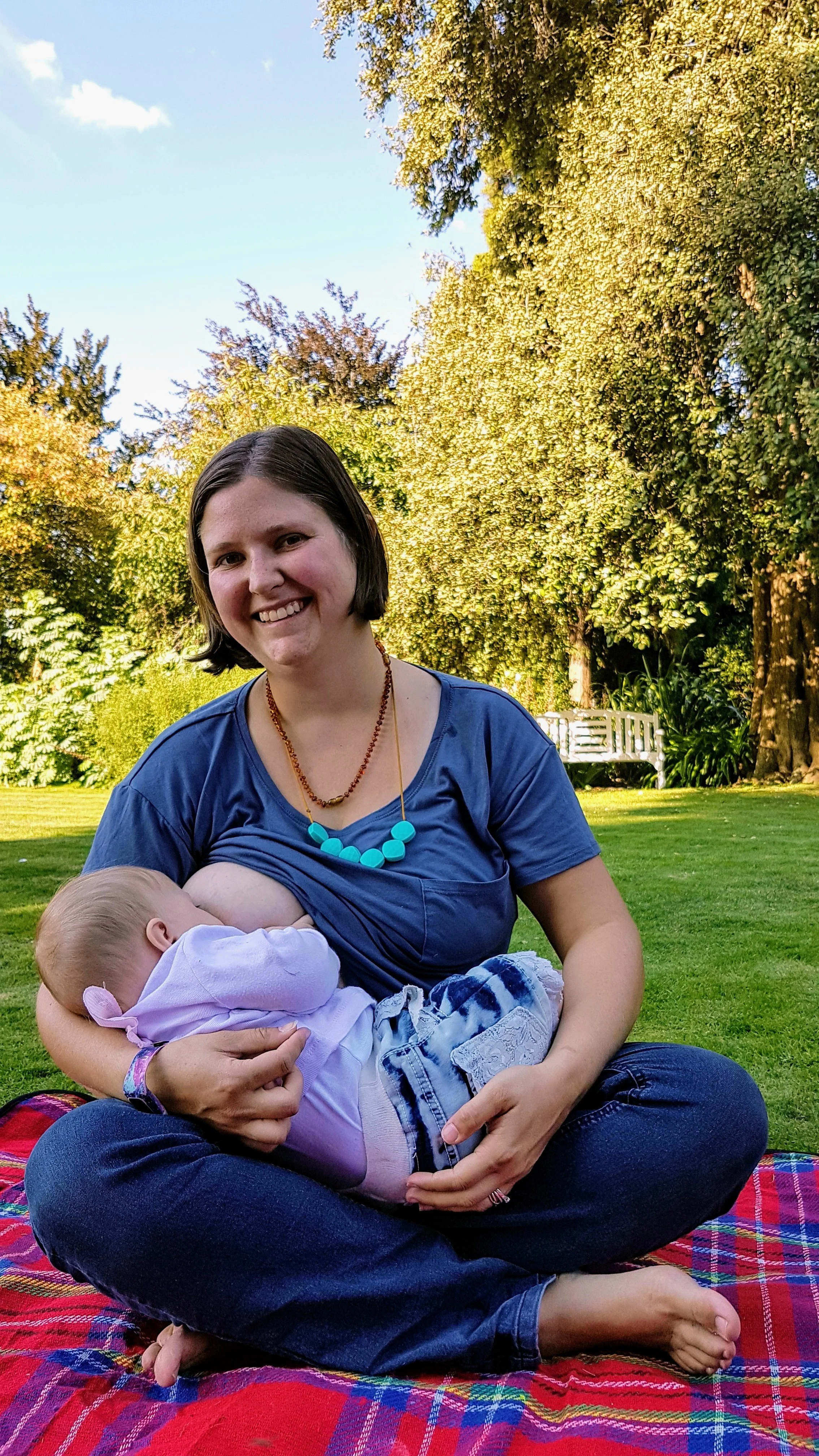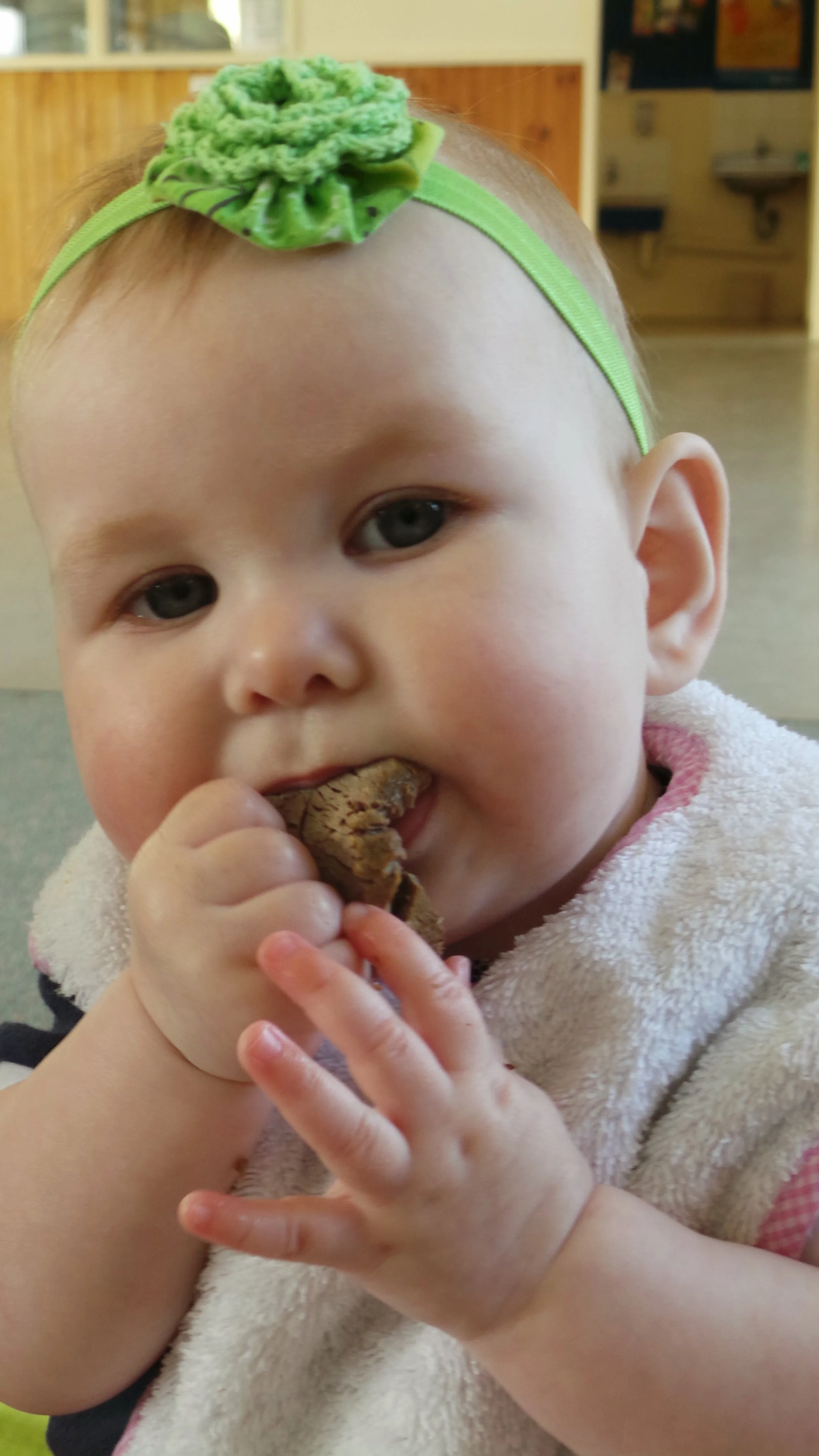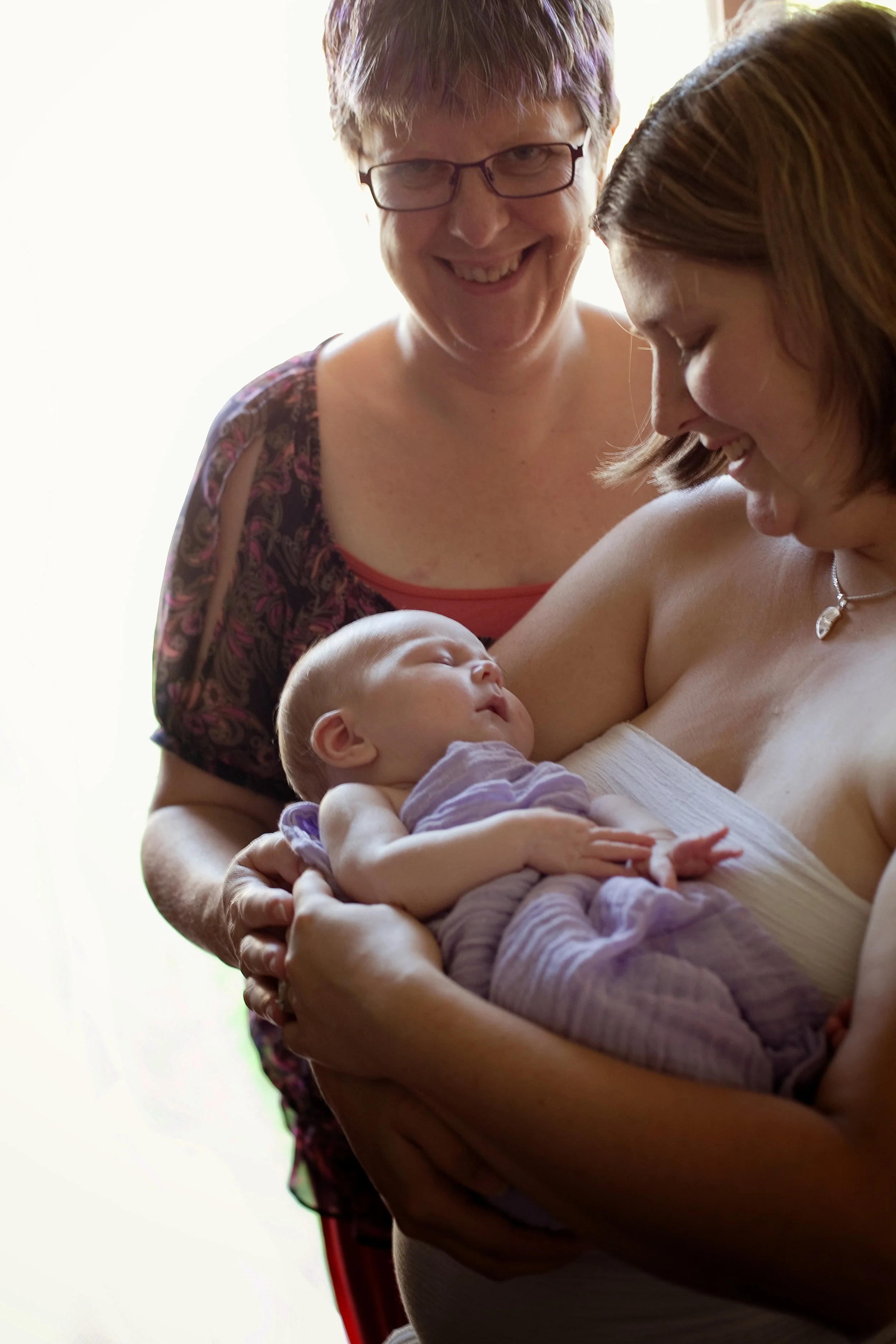Granny’s Guide To ... Being a Grandparent
The announcement has been made - you are about to be upgraded from parent to grandparent!
Now what?
Your journey as a grandparent is very different from that as a parent. This time, you are armed with knowledge and experience ... but someone else is in charge of the ship! Your beliefs around raising children might not match those of your son or daughter and their partner. The 20-40 years which have passed since your first child was born have seen some surprising changes in parenting. So let’s look at some things you might like to know.
Breastfeeding
Recommendations around breastfeeding have changed greatly, since research has revealed a lot more about how lactation works. Set feeding times and intervals are now recognised as being suited to bottle feeding but not appropriate for breastfeeding. What you might have known as “demand feeding” is better described as baby-led or cue-based feeding. Research has shown that the volume of milk taken from the breast varies greatly from feed to feed throughout the 24 hours. The composition of breastmilk changes from feed to feed and it is actually feedback from the baby to the breast which controls milk production. You can expect your grandchild to go to the breast frequently from birth, with a minimum of 8-12 feeds in 24 hours considered typical. Topping up with formula, stretching out feeds and feeding routines or schedules are all known to decrease milk supply.
The old ways of nipple preparation are thankfully gone: no more rubbing nipples with metho or scrubbing with nail brushes! Your grandchild’s mother will spend her pregnancy learning about how babies attach to the breast - or “latch on” - and will be encouraged by midwives to get her newborn to take the breast in a way which doesn’t cause pain or damage. Feed times are no longer limited to avoid sore or cracked nipples, as it is poor attachment which leads to these, not how long a baby feeds. Feeds in the early days might take up to an hour!
Introducing Solids
Solids are no longer recommended as early as in the past, with guidelines recommending breastmilk alone until around six months. There is no need for rice cereal, juices, formula, water or even rusks until this age. Many parents choose to avoid purees and spoon-feeding altogether, going straight to finger foods, using an approach known as “Baby-Led Weaning’. You might be disappointed that you can’t spoon-feed your grandchild or puree fruits and vegies, but the whole family will enjoy meals you can share with the baby, as they learn to feed themself. It is important to avoid honey under 12 months, as it can be a cause of botulism in babies, but healthy, nutritious family foods are perfect, right from the start. Many parents choose not to give their children sweets, lollies or sugary foods. Even fruit juice is no longer recommended for children under two years. It can cause conflict in families when grandparents try to override the rules parents put in place around food: your special treat may cause issues. So always check before offering and find ways other than food to show your grandchild how special they are to you. Their teeth will thank you for it too.
Sleeping
Sudden Infant Death Syndrome (SIDS) used to be called cot death. In the 1980s, 1 in 500 babies died from this cause. Research funded by campaigns like Red Nose Day have led to very different recommendations about how and where babies sleep and numbers have dropped to 1 in 1000 babies. It is important to learn about these new guidelines.
www.rednose.com.au has information sheets you can get online. Here are a few of the most important things to know:
Back To Sleep - sleeping on their tummies is now known to increase the risk of SIDS. Your grandchild should always lie on their back to sleep, not their side or tummy.
Shared Room - sleeping in the same room as their parents is now recommended for 6-12 months.
Bedding - minimal bedding, no bumpers, lambskins, soft toys or pillows are the safety recommendations for bassinets and cots.
Bed-sharing safety - guidelines around safely having baby sleep in the parents bed include having a smoke-free home, breastfeeding and not using drugs or alcohol. It is very important not to fall asleep holding a baby on an armchair or couch.
Crying
Many parents choose not to leave their baby to cry. It is now proven picking babies up when they cry does not spoil them and it is natural for a parent to help the baby settle by feeding, holding, rocking or soothing them. Leaving a baby to cry itself to sleep - sometimes called Controlled Crying or Cry It Out - is not appropriate for young babies. Waking and feeding in the night is normal even in the second year of life. Sleeping through the night should not be expected in the first 6-12 months. Giving babies solids or topping up with formula has not been proven to make babies sleep longer and formula feeding will not make a baby sleep through the night. The decision to use or not use a dummy varies from family to family. If a dummy is used, it should never be dipped in honey or other sweeteners. Dummies can interfere with learning to breastfeed, so use might be delayed until feeding is going well.
Car Seats
Using a correctly-fitted infant car restraint is law in all States in Australia. Changes in regulations, based on safety, mean that car seats older than ten years must not be used, even occasionally. Restraints you might have kept from your own children will not meet current regulations and should be discarded. Babies are no longer automatically turned to forward-facing at six months. Indeed, rear-facing is now recommended for as long as possibly, up to four years of age and many seats are designed for this purpose. It is important to always use the seat as instructed and never modify it in any way. Car restraints should be used until the child outgrows them, with seats now available for primary school children.
In Conclusion
Becoming a grandparent is life-changing: it can be the most joyful time of your life. Always keep in mind though, times change and so does our knowledge. Your grandparents did things differently to your parents, and you did it differently again. Now it is your children’s time. You might not always agree with how they go about things but your support will always make a big difference.
Yvette O’Dowd welcomed grandchildren into her life in 2013, 2016 and 2020.
Yvette is a contributor to Peninsula Kids magazine, where this article was originally published.






